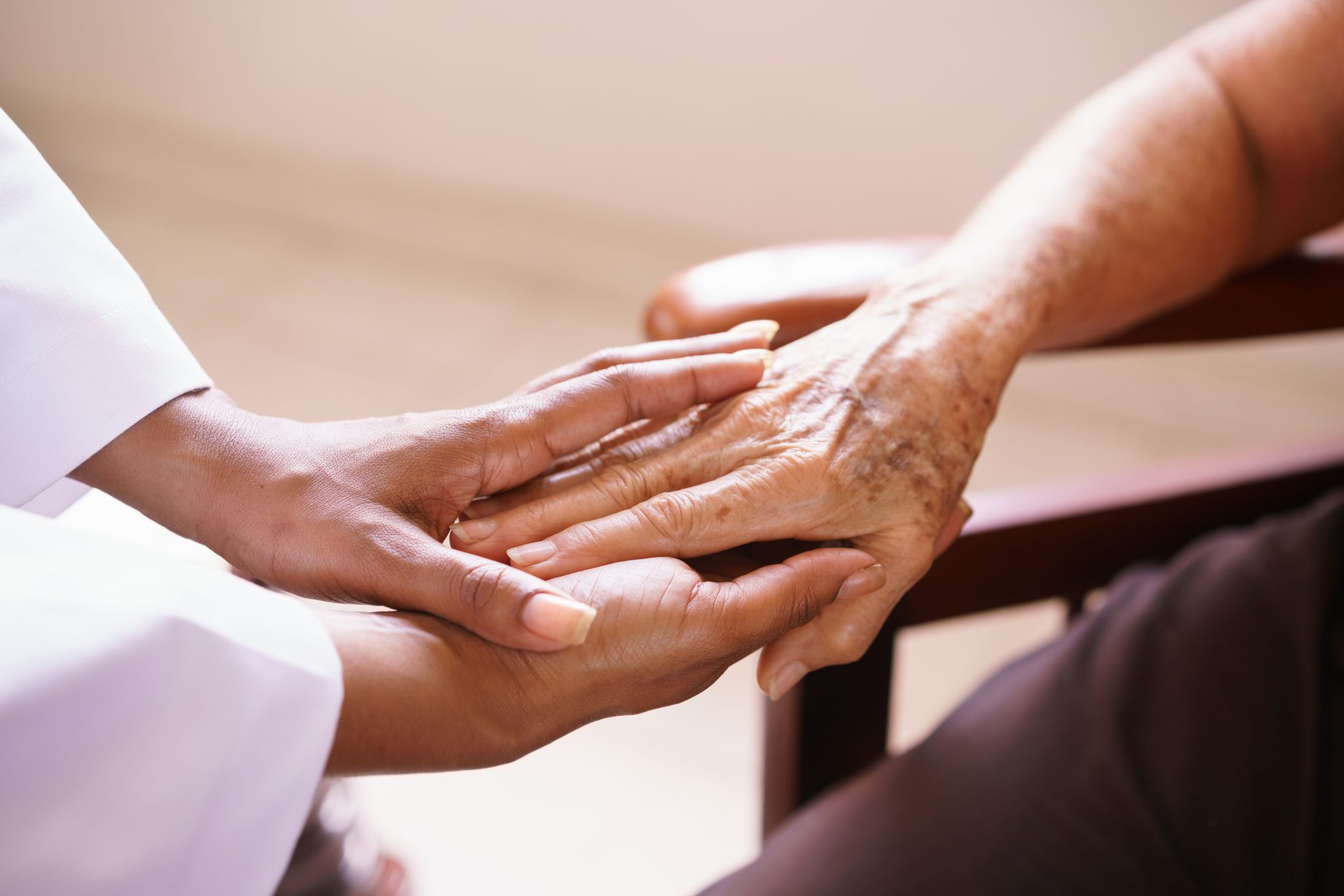Home & Family

People are living longer. Unfortunately, elder abuse cases rise as the population of older adults rises in Alabama and across the nation. The National Council on Aging estimates that 1 in 10 Americans has experienced some form of elder abuse and an estimated 5 million adults aged 60 and over are abused each year. But what acts are classified as elder abuse?
What is Elder Abuse?
Elder abuse is defined as harmful acts against adults aged 60 or older. These acts are intentional or caused when a person fails to act in the best interest of an elder. According to the Centers for Disease Control and Prevention, this harmful behavior occurs in a relationship where trust is expected. Most abuse acts fall under six categories:
- Physical abuse includes hitting, kicking, slapping, pushing, or burning.
- Sexual abuse occurs when an older adult does not consent to have sexual intercourse or other sexual interactions, including harassment.
- Emotional or psychological abuse involves verbal or nonverbal behavior that leads to mental or emotional pain, fear, or suffering. Name-calling, public or private humiliation, property destruction, and also prohibiting someone from seeing their family or friends are considered acts of emotional or psychological abuse.
- Neglect occurs when a person fails to meet the daily basic needs of an older adult such as food, water, shelter, clothing, bathing, or providing medical care. In the state of Alabama, this also includes self-neglect.
- Abandonment occurs when an older adult is intentionally left alone at a hospital, nursing home, or public facility by someone who is responsible for their care.
- Financial abuse involves the illegal or improper use of an older person’s money, benefits, property, or other assets. This behavior includes using their credit card or withdrawing bank funds without their knowledge or approval.
Laws
Many states, like Alabama, have laws to protect older adults such as the Elder Abuse Prevention Act of 2012 and the Protection of Vulnerable Adults from Financial Exploitation Act of 2016. The Financial Exploitation Act requires financial investors, advisers, brokers, and legal representatives to report suspicious financial transactions to the Alabama Securities Commission and the Alabama Department of Human Resources.
Elder abuse, such as financial abuse, is a serious matter. That’s why it’s important for consumers to learn how to identify and report the signs of abuse.
The Signs
- Emotional or physical signs of elder abuse include changes in behavior or sleep patterns, fear or anxiety, isolation, or depression.
- Physical signs include:
- broken bones
- bruises
- cuts
- untreated bed sores
- dirty, torn, or soiled clothing
- sexually transmitted diseases
- a dirty home
- lack of medical care.
- Financial signs include mounting unpaid bills, changes in a will or other financial documents, excessive credit card charges, as well as other fraud.
Consumers are advised to take detailed notes of an incident involving elder abuse. Write down the day and time the abuse occurred, where the elder lived, and who takes care of them. Next, take the time to report elder abuse to the proper authorities as long as it does not put you in harm’s way.
How to Report Elder Abuse
A report by the Office of Inspector General, United States Department of Health and Human Services, revealed that many cases of elder abuse or neglect are not being reported by health workers (NPR, 2019). But there are steps you can take if you suspect that an elder is being abused. Do your part to prevent and report any incidences of elder abuse.
Call your local police department if you see someone being physically abused. If you are the victim, report the abuse to the police department, your doctor, a friend, or a family member you can trust. You can also call the national Eldercare Locator at 1-800-677-1116.
In the state of Alabama, you are advised to call:
Department of Human Resources-Adult Protective Services
Adult Abuse Hotline at 800-458-7214
Alabama Department of Public Health
Call 1-800-356-9596 to report abuse in nursing homes or call 1-800-873-0366 to report abuse in an assisted living facility.
Alabama Attorney General’s Office of Consumer Protection
Call 800-393-5658 to report financial fraud or scams.

